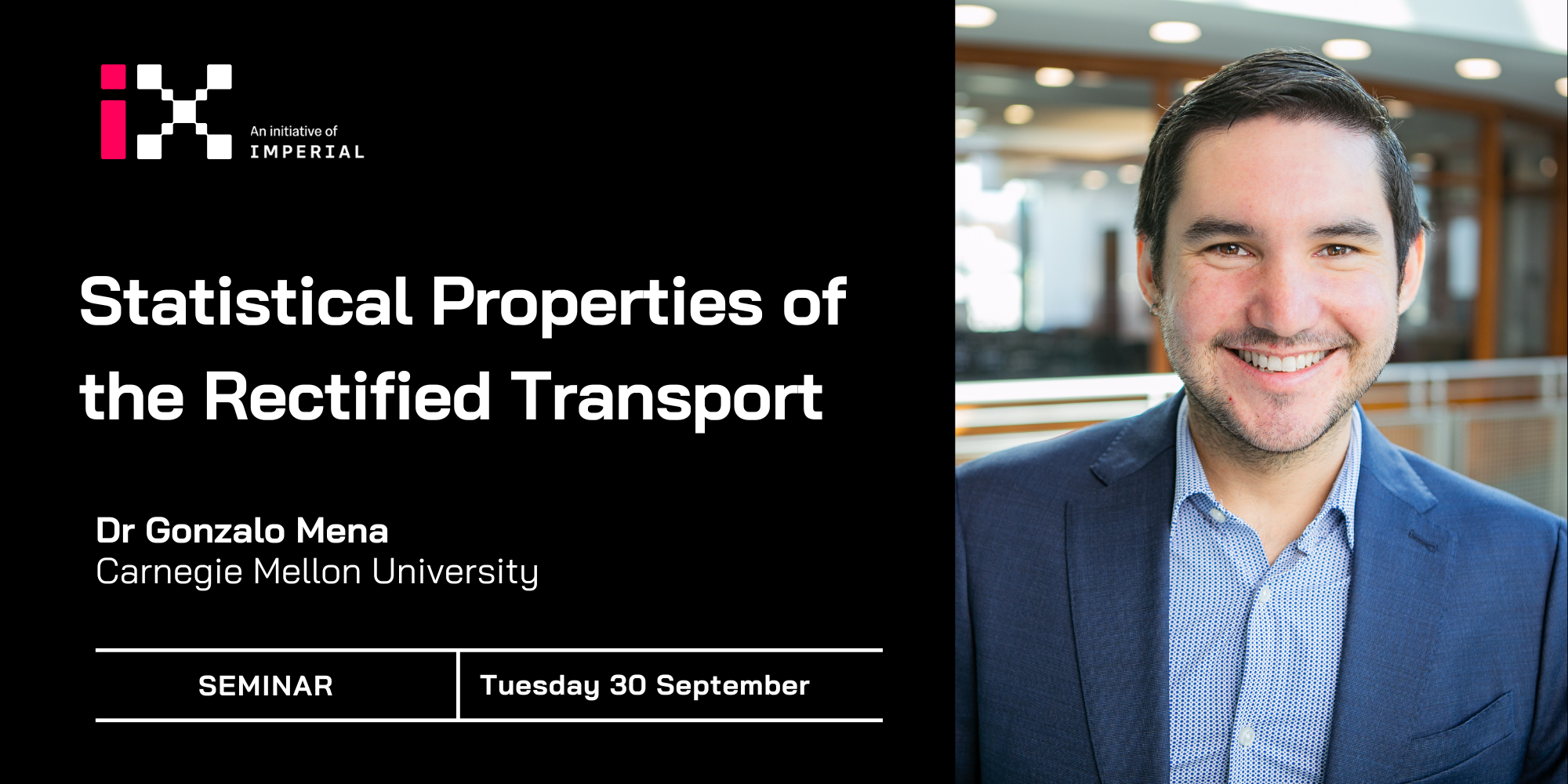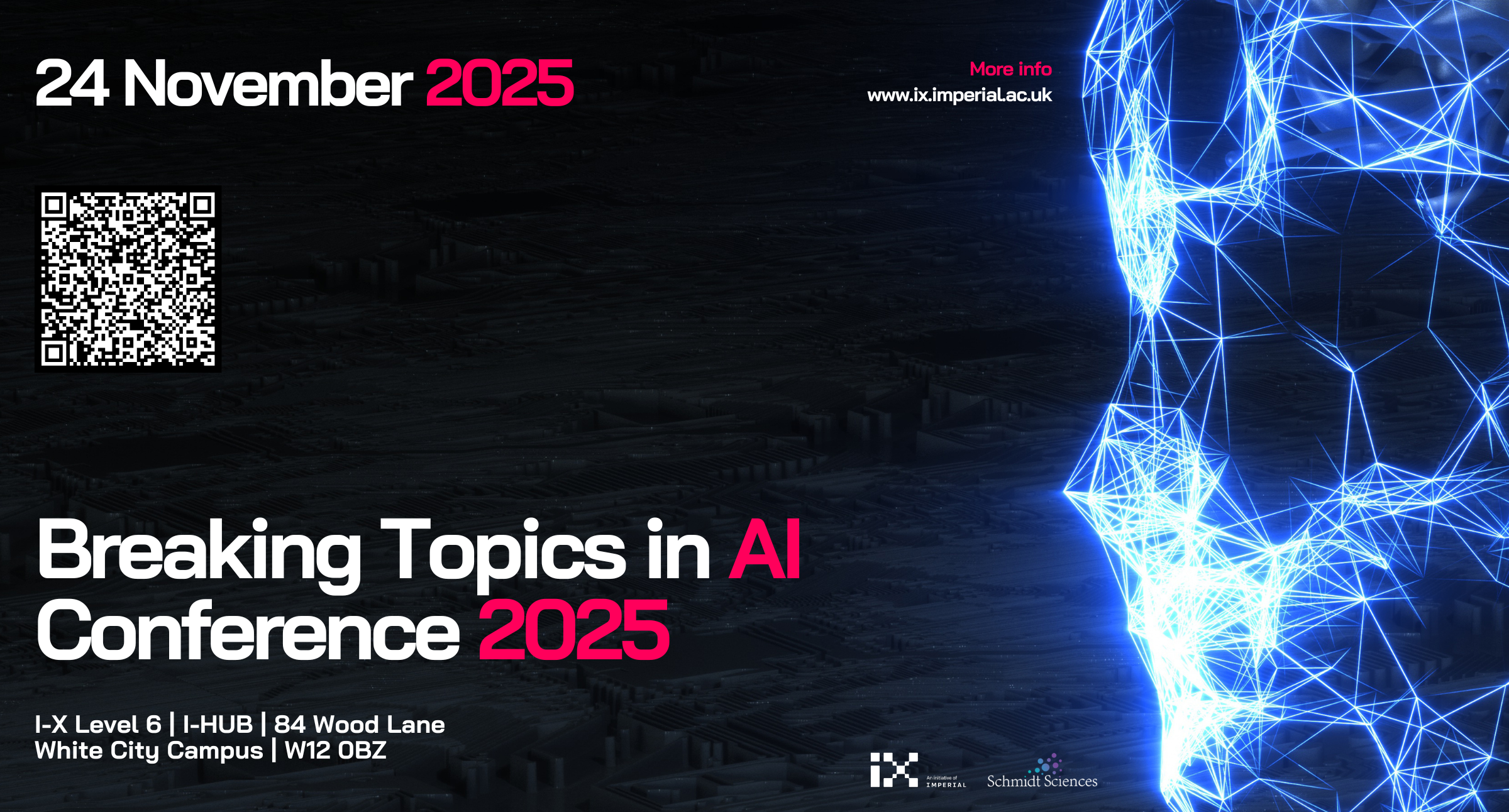Roman Marchant
Associate Professor Roman Marchant is Head of Research for the Thrive Program at the Human Technology Institute, University of Technology Sydney. He specialises in probabilistic machine learning and Bayesian methods for causal inference and decision-making under uncertainty. Roman has led interdisciplinary teams across education, health, and public policy, developing ethical, data-driven approaches to complex social challenges. He holds a PhD in computer science and has published on decision-making under uncertainty in fields including robotics, environmental monitoring, criminology, mental and physical health, and education—most recently proposing a sequential methodology for Bayesian adaptive trials in public policy. Roman has taught postgraduate courses on Probabilistic ML, Bayesian Inference, and AI Ethics, convened Australia’s first Ethics of Data Science Conference, and serves as Associate Editor for the journal Data & Policy.



